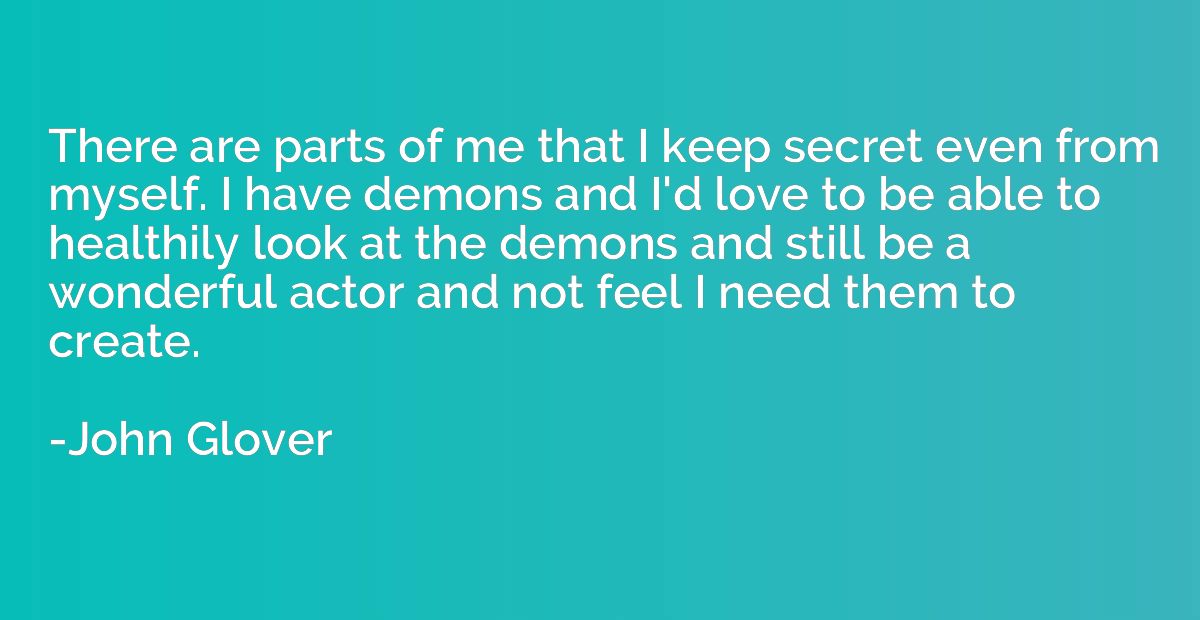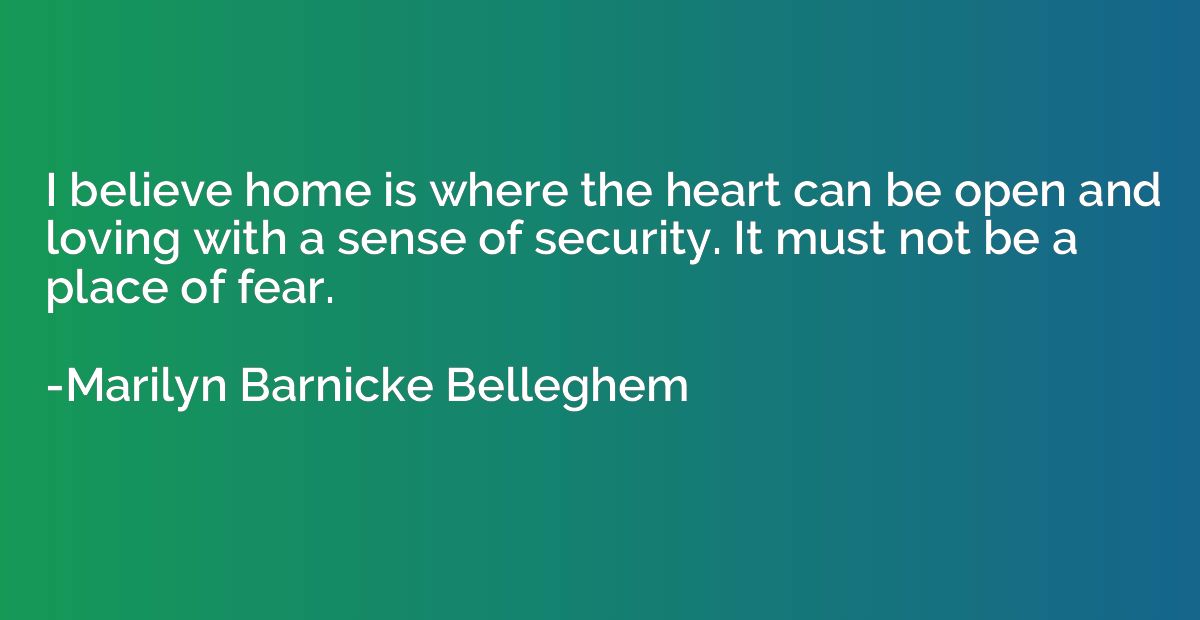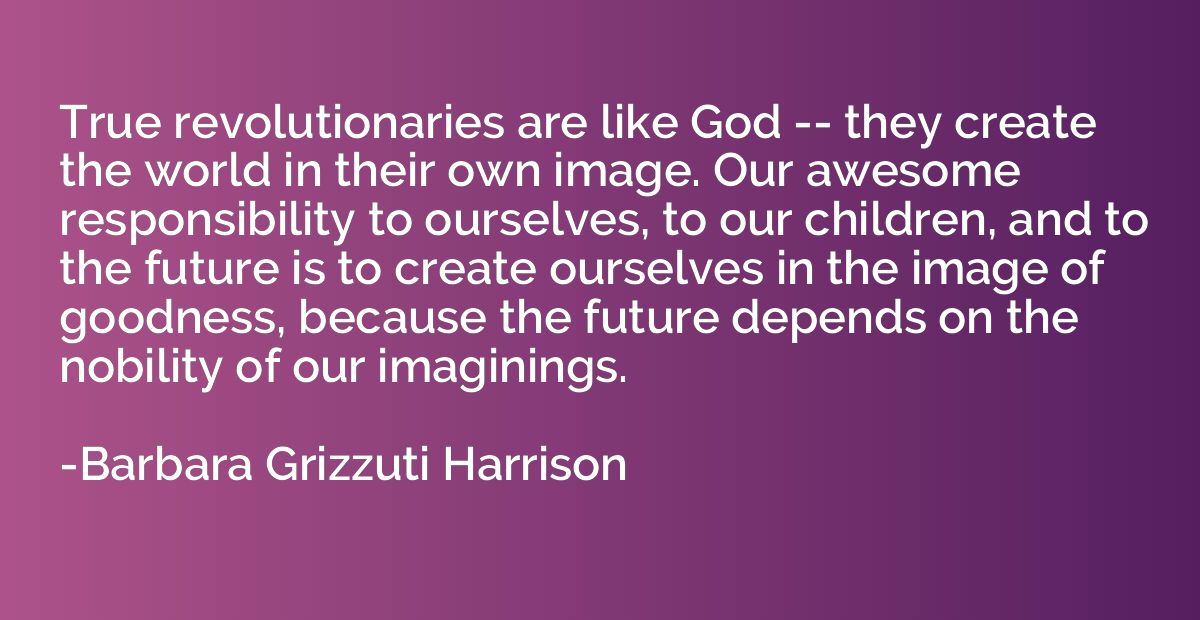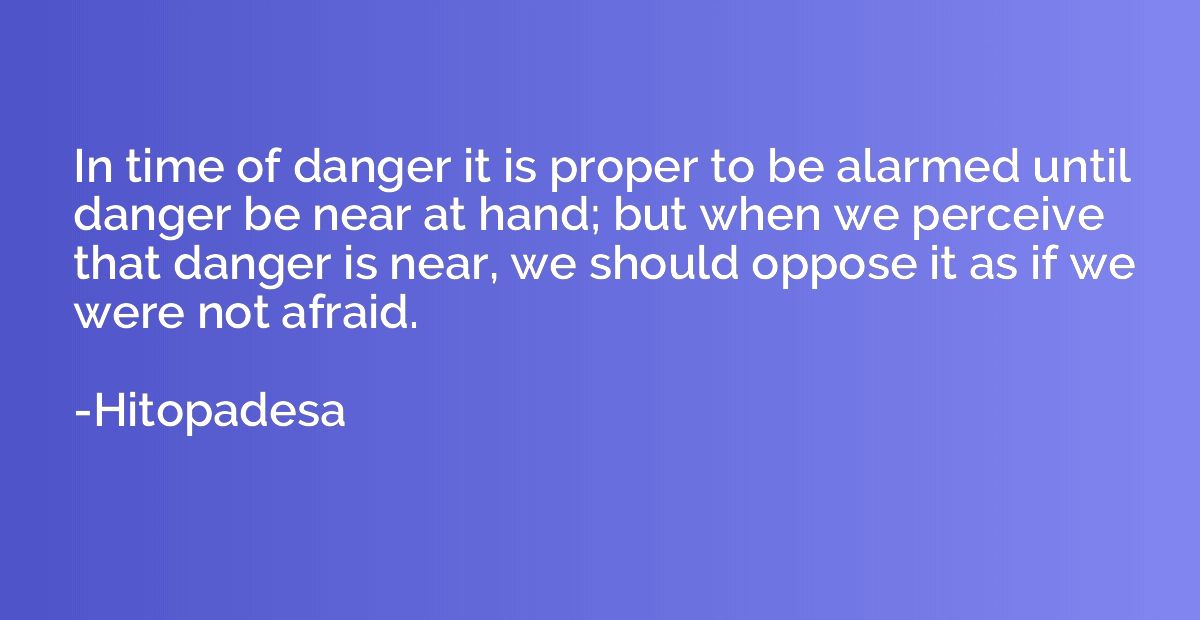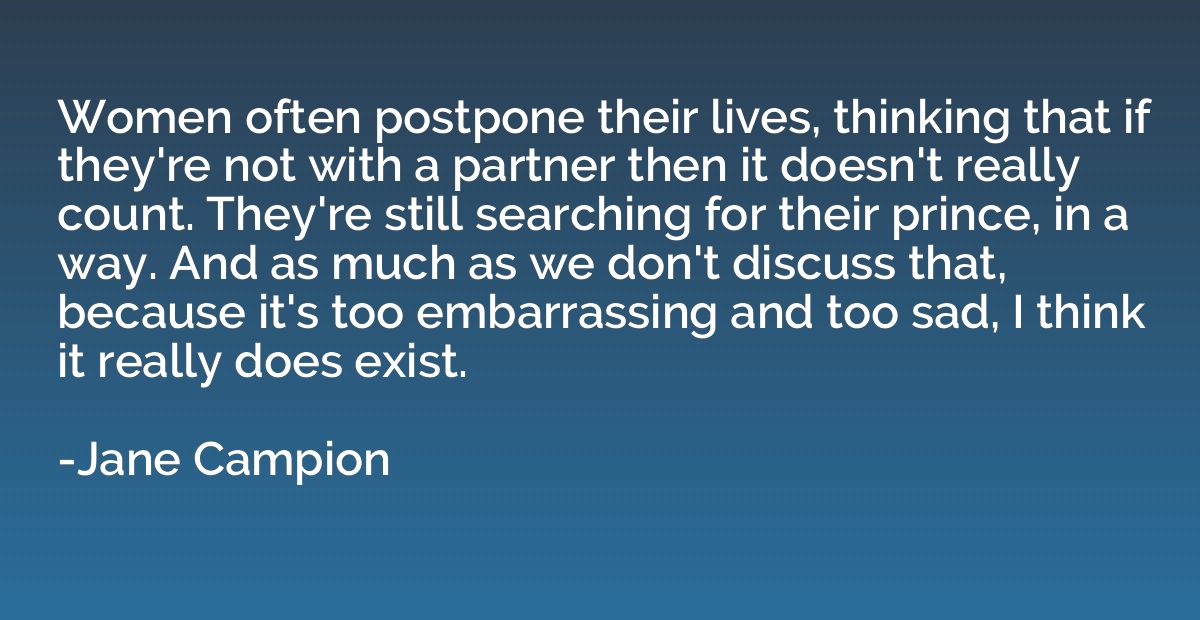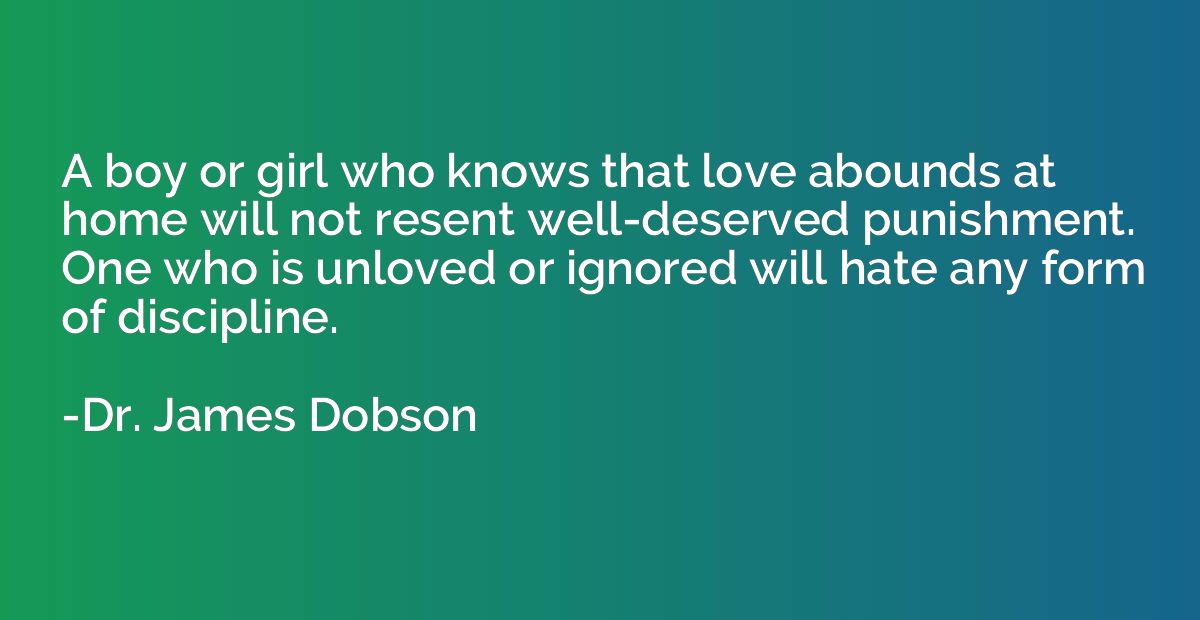Quote by John Stuart Mill
The maxims are, first, that the individual is not accountable to society for his actions, in so far as these concern the interests of no person but himself. Advice, instruction, persuasion, and avoidance by other people if thought necessary by them for their own good, are the only measures by which society can justifiably express its dislike or disapprobation of his conduct. Secondly, that for such actions as are prejudicial to the interests of others, the individual is accountable, and may be subjected either to social or to legal punishment, if society is of opinion that the one or the other is requisite for its protection.
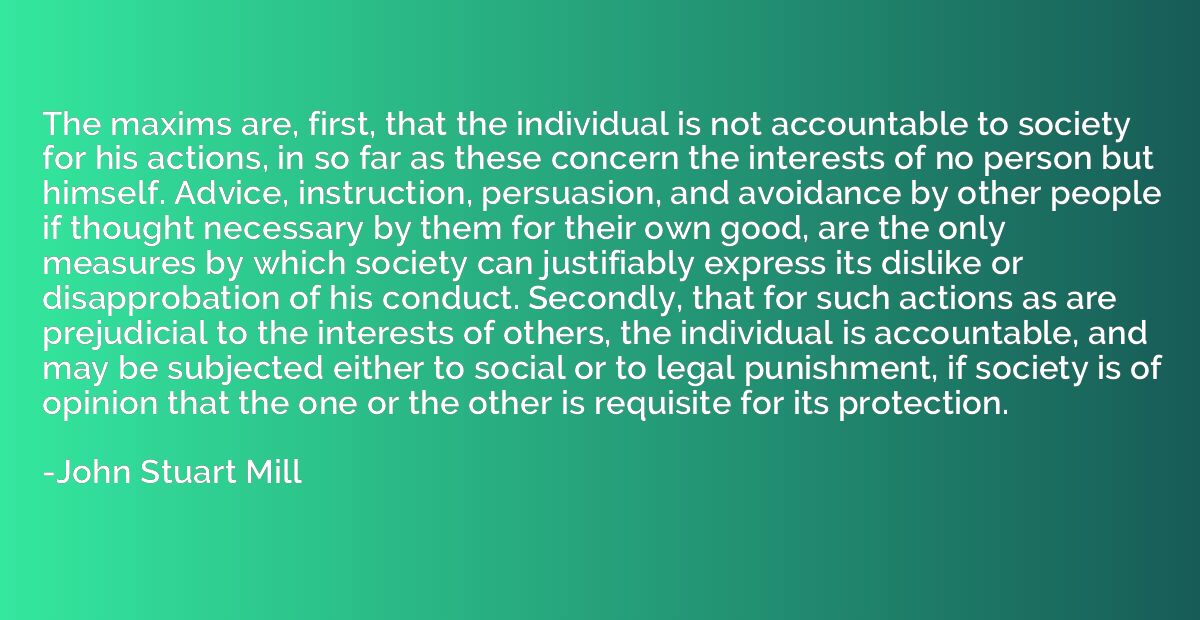
Summary
This quote argues for the principle of individual accountability in society. It suggests two key ideas: firstly, that individuals are not obligated to society for their actions as long as they only affect themselves. In such cases, society may provide advice or try to persuade them for their own benefit, but cannot impose punishment. Secondly, if an individual's actions harm others, they are accountable and may face social or legal consequences for the protection of society. In summary, personal freedom is upheld as long as it does not infringe on the well-being of others, where accountability becomes necessary.




